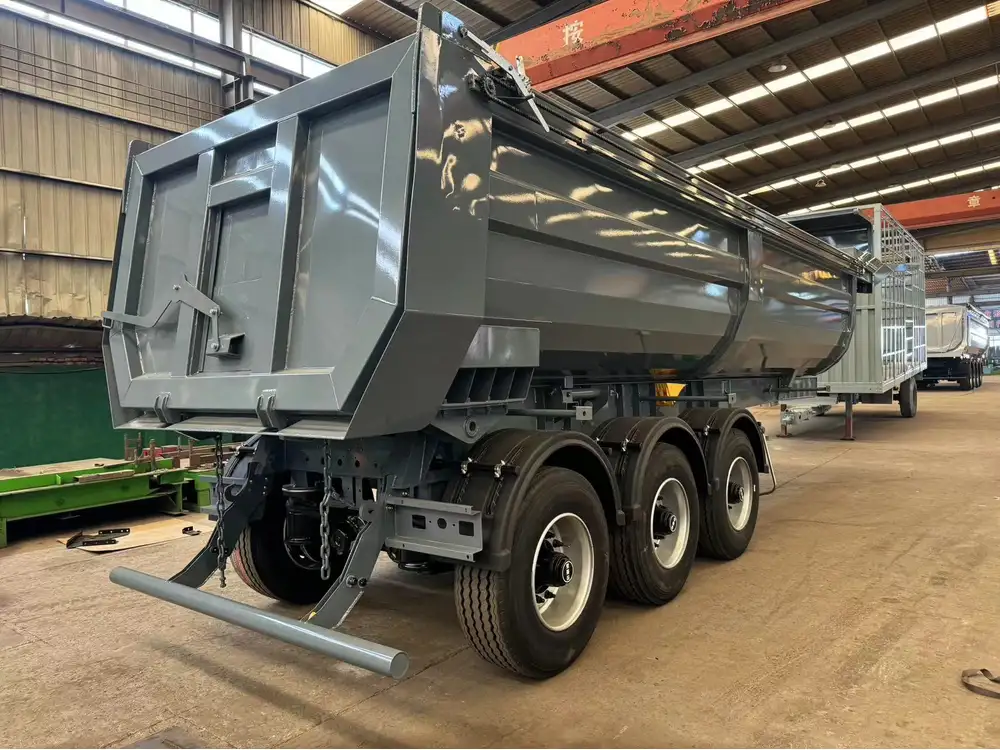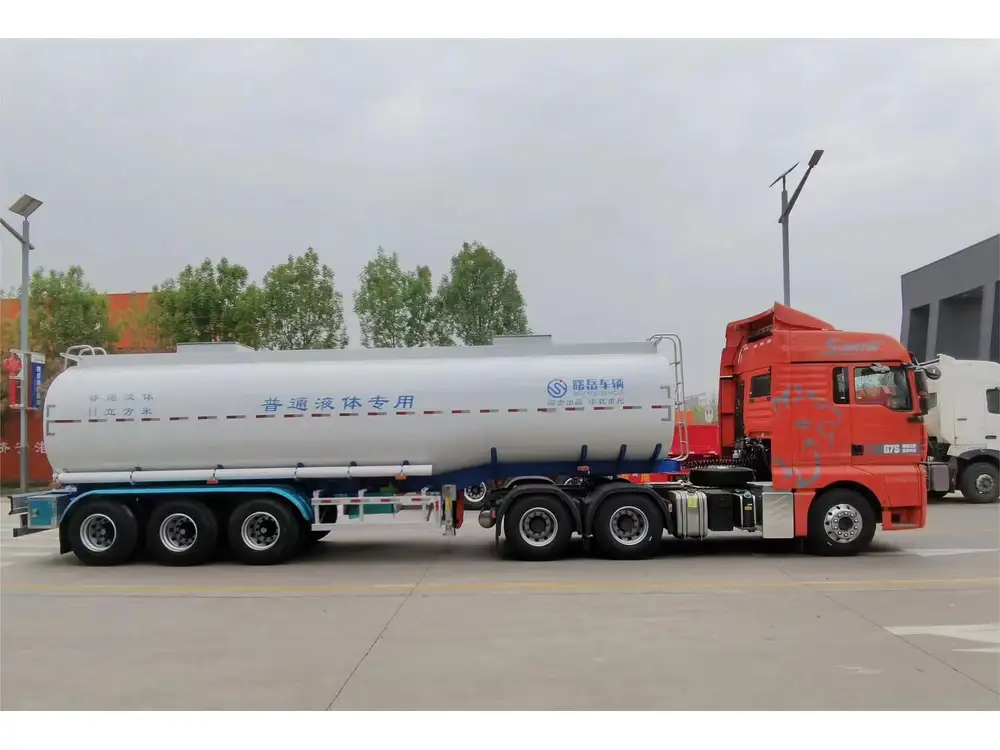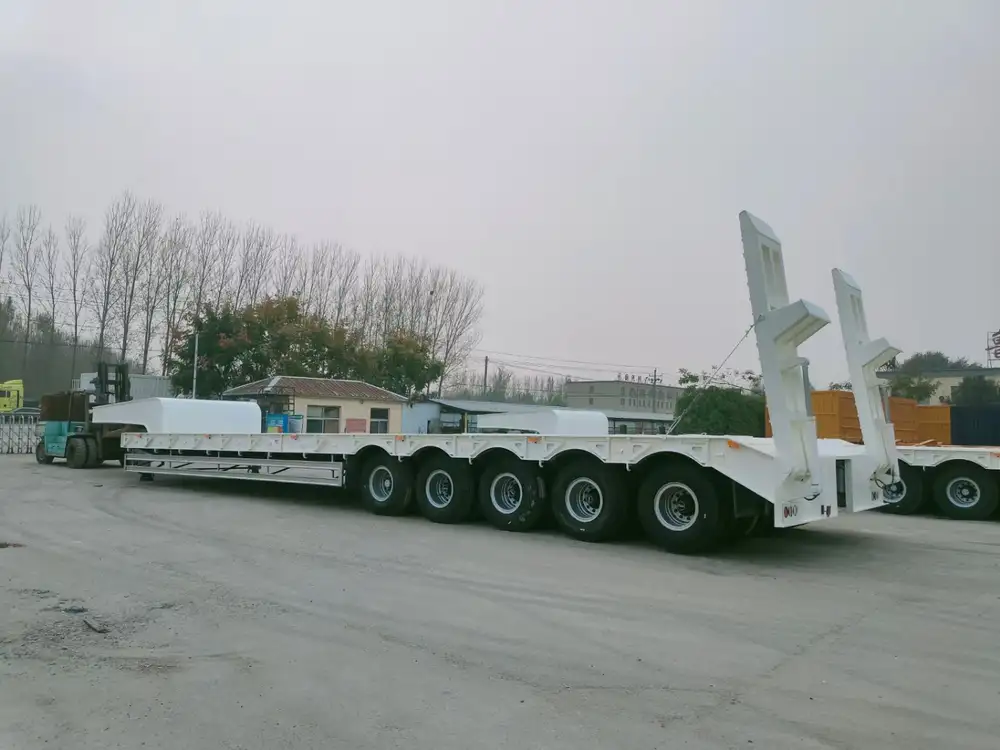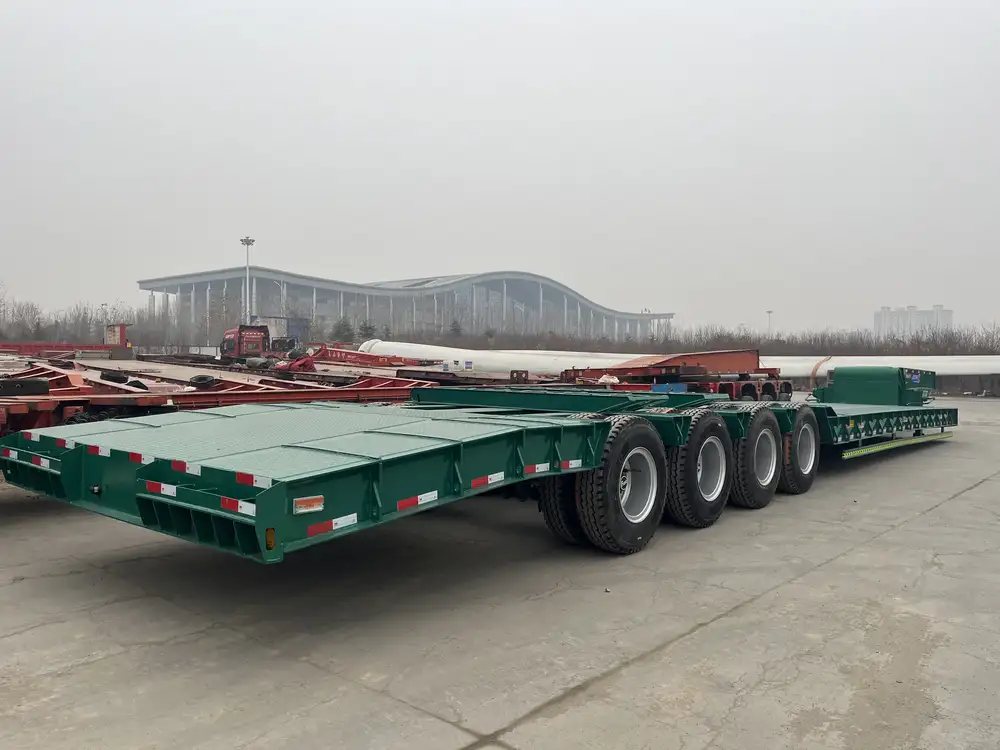Transporting LP (liquefied petroleum) tanks requires careful consideration of safety protocols, legal regulations, and equipment suitability. This guide aims to provide in-depth insights into transporting LP tanks using U-Haul trailers, assessing the risks involved, and offering alternative solutions.
Understanding LP Tanks: What You Need to Know
What Are LP Tanks?
LP tanks store liquefied propane gas, commonly used for heating, cooking, and fueling vehicles. They are designed to operate under high pressure, so proper handling and transportation are essential.

Types of LP Tanks
- Residential Tanks: Generally hold up to 500 gallons and are often used for home heating.
- Industrial Tanks: Larger in capacity and used for commercial or industrial applications.
- Portable Tanks: Smaller units (like BBQ propane tanks) designed for transportation and short-term use.
| Tank Type | Capacity | Common Usage |
|---|---|---|
| Residential | Up to 500 gallons | Home heating/cooking |
| Industrial | Various sizes | Commercial applications |
| Portable | 20-40 pounds | Grills, portable heaters |
Legal Regulations for Transporting LP Tanks
Federal Regulations
The U.S. Department of Transportation (DOT) regulates the transportation of hazardous materials, including LP tanks. Key regulations include:
- Proper Labeling: All LP tanks must be labeled correctly to indicate they contain flammable gas.
- Loading and Unloading Protocols: Strict guidelines must be followed to minimize the risk of accidents and leakage during transportation.

State Regulations
Each state may have its own regulations regarding transporting LP tanks. It’s crucial to consult local authorities to ensure compliance. Violating these regulations can result in hefty fines and legal repercussions.
Assessing the Suitability of U-Haul Trailers for Transporting LP Tanks
U-Haul Trailers Overview
U-Haul offers a variety of trailer sizes and types. However, not all are suitable for transporting hazardous materials like LP tanks. Here are the options:
- Utility Trailers: Open trailers that can be used for various items, including heavy equipment.
- Cargo Trailers: Enclosed options that protect transported goods from external elements.
- Car Trailers: Designed specifically for hauling vehicles, not ideal for LP tanks.

Capacity
Before transporting an LP tank using a U-Haul trailer, assess:
- Weight Capacity: Ensure the trailer’s payload capacity exceeds the weight of the LP tank.
- Size Compatibility: The size of the LP tank matters. Larger tanks will require more space.
Safety Considerations When Transporting LP Tanks
Pre-Transportation Checklist
- Check for Leaks: Inspect the tank for any signs of damage or leaks.
- Secure Proper Fit: Ensure the tank fits securely in the trailer without excessive movement.
- Ventilation: Although a U-Haul cargo trailer may provide some protection from external elements, choose an open trailer when transporting just an LP tank.
- Straps and Securing Mechanisms: Use proper straps to secure the tank in place during transport.

Best Practices
- Keep the Tank Upright: Transport the tank in an upright position to prevent leakage.
- Avoid High Temperatures: Keep the tank away from direct sunlight and heat sources to avoid pressure buildup.
- Proper Ventilation: Maintain airflow around the tank to mitigate the risk of gas accumulation.
What to Avoid When Transporting LP Tanks
- Incompatible Trailers: Avoid using trailers not rated for transporting hazardous materials.
- Neglecting Local Laws: Always check for state-specific laws regarding LP tank transport.
- Transporting with Other Hazardous Materials: Do not load LP tanks alongside other flammable items without appropriate separation.
Alternatives to Using U-Haul Trailers

Professional Transportation Services
If transporting large or multiple LP tanks, consider hiring professional services with experience in hazardous materials. These services ensure compliance with safety regulations and streamline the transportation process.
Renting Specialized Equipment
Certain companies may offer specialized trailers designed explicitly for transporting hazardous materials. These trailers often come equipped with safety features to handle LP tanks safely.
Conclusion: Making an Informed Decision
Transporting LP tanks is a significant responsibility requiring adherence to various safety protocols and legal regulations. While U-Haul trailers may be utilized under certain conditions, it’s essential to evaluate other transportation options and prioritize safety.

Key Takeaways
- Always check local and federal regulations before transporting LP tanks.
- Ensure your U-Haul trailer is suitable for the task, and take necessary safety precautions.
- When in doubt, consult professionals in hazardous material transport.
By adhering to best practices and remaining informed, you can safely and efficiently transport LP tanks as needed.



